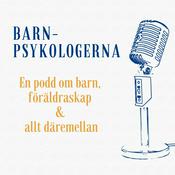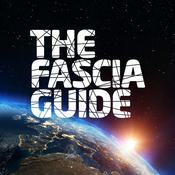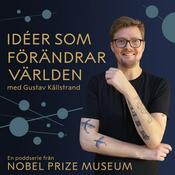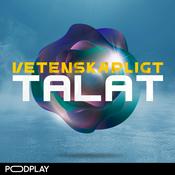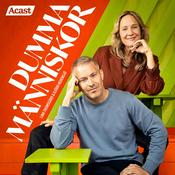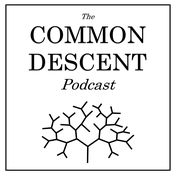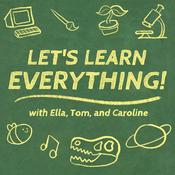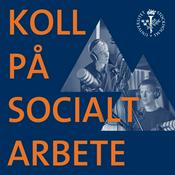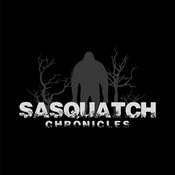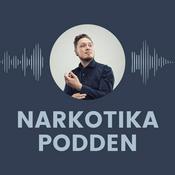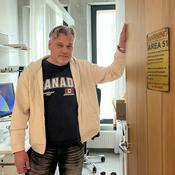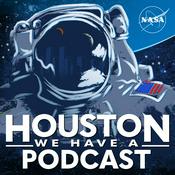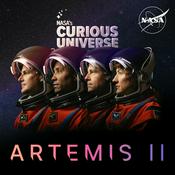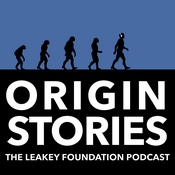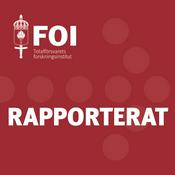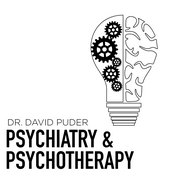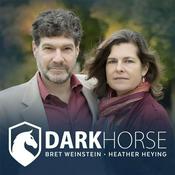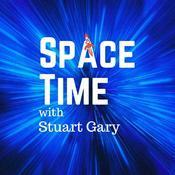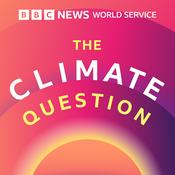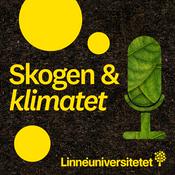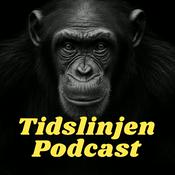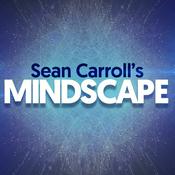377 avsnitt
- Last week, a UN report declared that the world has entered an era of ‘global water bankruptcy’ with many human water systems past the point at which they can be restored to former levels. To find out what this could look like, Madeleine Finlay speaks to the Guardian’s diplomatic editor, Patrick Wintour, who has been reporting on Iran’s severe water crisis. And Mohammad Shamsudduha, professor of water crisis and risk reduction in the department of risk and disaster reduction at University College London, explains how the present situation arose and what can be done to bring water supplies back from the brink. Help support our independent journalism at theguardian.com/sciencepod
- The Guardian’s science editor, Ian Sample, talks to Madeleine Finlay about three eye-catching science stories from the week, including a study that suggests positive thinking can boost immune response. Also on the agenda is the mysterious rise of scabies in the UK, and the discovery that cows are more adept with tools than previously known. Help support our independent journalism at theguardian.com/sciencepod
- Studies detecting microplastics throughout human bodies have made for alarming reading in recent years. But last week, the Guardian’s environment editor, Damian Carrington, reported on major doubts among a group of scientists about how some of this research has been conducted. Damian tells Ian Sample how he first heard about the concerns, why the scientists think the discoveries are probably the result of contamination and false positives, and where it leaves the field. He also reflects on how we should now think about our exposure to microplastics. Help support our independent journalism at theguardian.com/sciencepod
- Ian Sample puts listeners’ questions on dreams and nightmares to Dr Michelle Carr, director of the Dream Engineering Laboratory in Montreal’s Centre for Advanced Research in Sleep Medicine, and author of the new book Into the Dream Lab. They look at why we dream, what we can learn by examining our dreams, and what we can do when dreams turn to nightmares. Dr Carr gives her top tips for taking charge of our dreams and trying to influence their content. Help support our independent journalism at theguardian.com/sciencepod
- Ian Sample puts listeners’ questions on sleep to Dr Allie Hare, consultant physician in respiratory and sleep medicine at Guy’s and St Thomas’ hospitals and president of the British Sleep Society. They cover why women experience sleep disturbance during the menopause, why sleep paralysis affects some people more than others, and what scientists know about the link between sleep and dementia. Hare also gives her top tips for getting better sleep in 2026. Help support our independent journalism at theguardian.com/sciencepod
Fler podcasts i Vetenskap
Trendiga poddar i Vetenskap
Om Science Weekly
Twice a week, the Guardian brings you the latest science and environment news
Podcast-webbplatsLyssna på Science Weekly, Vetenskapsradion och många andra poddar från världens alla hörn med radio.se-appen

Hämta den kostnadsfria radio.se-appen
- Bokmärk stationer och podcasts
- Strömma via Wi-Fi eller Bluetooth
- Stödjer Carplay & Android Auto
- Många andra appfunktioner
Hämta den kostnadsfria radio.se-appen
- Bokmärk stationer och podcasts
- Strömma via Wi-Fi eller Bluetooth
- Stödjer Carplay & Android Auto
- Många andra appfunktioner


Science Weekly
Skanna koden,
ladda ner appen,
börja lyssna.
ladda ner appen,
börja lyssna.



